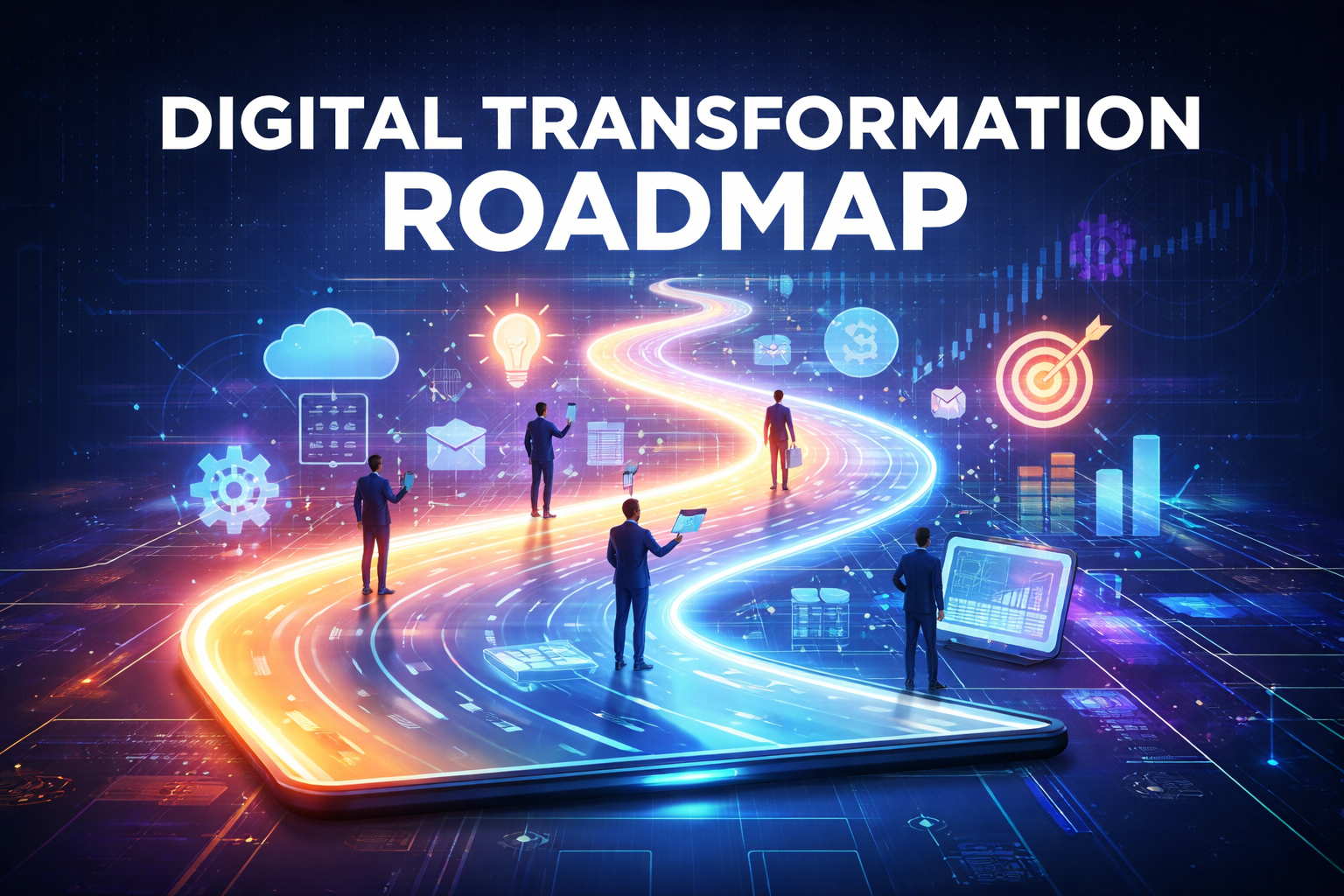How Customers Experience Drives Digital Transformation
Digital transformation in Singapore has become a necessity for businesses in today’s fast-paced and technology-driven world. It is no longer a luxury but a requirement for survival and growth. However, as we look ahead to 2024, it is crucial to understand the challenges that lie ahead in the digital transformation journey. In this article, we will explore eight key challenges that businesses need to overcome to successfully navigate the digital landscape and stay ahead of the competition.
The first prediction for how customers’ experience will drive digital transformation lies in the power of data. With the vast amount of information available, businesses can now gain valuable insights into their customers’ preferences, behaviors, and needs. By analyzing this data, organizations can tailor their products and services to meet individual customer demands, creating a more personalized and engaging experience. From predictive analytics to machine learning algorithms, businesses can leverage data-driven strategies to anticipate customer needs, streamline processes, and deliver exceptional experiences that foster loyalty and drive growth.
Furthermore, the second prediction centers around the rise of omnichannel experiences. Today’s customers expect a seamless journey across multiple touchpoints, whether it’s browsing products on a website, engaging with a chatbot, or visiting a physical store. Organizations that can provide a consistent and integrated experience across all channels will gain a competitive edge. By investing in technologies like artificial intelligence and automation, businesses can ensure a smooth transition between channels, enabling customers to effortlessly switch between online and offline interactions. This holistic approach not only enhances the customer experience but also fosters brand loyalty, as customers feel valued and understood throughout their journey.
1. Legacy Systems and Infrastructure
One of the biggest challenges in digital transformation is dealing with legacy systems and outdated infrastructure. Many businesses still rely on legacy systems that are not compatible with modern technologies and hinder the adoption of new digital solutions. Upgrading or replacing these systems can be a complex and costly process, but businesses need to leverage the full potential of digital transformation. Investing in modernizing infrastructure will provide a solid foundation for future growth and innovation.
2. Resistance to Change
Change is never easy, and digital transformation Singapore brings significant changes to the way businesses operate. Resistance to change can come from employees, stakeholders, or even the leadership team. Overcoming this challenge requires effective change management strategies, clear communication, and employee engagement. Businesses need to create a culture that embraces change and encourages employees to adapt to new technologies and processes. Providing training and support throughout the transformation journey can help alleviate resistance and foster a positive mindset towards digital transformation.
3. Cybersecurity Risks
As businesses become increasingly reliant on digital technologies, the risk of cyber threats also increases. Cybersecurity breaches can have severe consequences, including data breaches, financial losses, and damage to a company’s reputation. To overcome this challenge, businesses need to prioritize cybersecurity measures and invest in robust security systems. Implementing multi-layered security protocols, conducting regular audits, and educating employees about cybersecurity best practices are crucial steps in mitigating the risks associated with digital transformation.
4. Data Management and Privacy
The digital era has brought an explosion of data, and businesses need to effectively manage and protect this valuable asset. Data management involves collecting, storing, analyzing, and utilizing data to drive business insights and decision-making. However, ensuring data privacy and compliance with regulations such as GDPR can be challenging. Businesses must establish robust data governance frameworks, implement data protection measures, and ensure transparency in data handling practices. By doing so, they can build trust with customers and stakeholders while leveraging the power of data for competitive advantage.
5. Talent Acquisition and Retention
Digital transformation in Singapore requires a workforce equipped with the right skills and expertise to leverage new technologies effectively. However, there is a growing demand for digital talent, making it challenging for businesses to attract and retain skilled professionals. To overcome this challenge, businesses need to invest in talent development programs, provide continuous learning opportunities, and create a workplace culture that fosters innovation and collaboration. Collaborating with educational institutions and partnering with industry experts can also help bridge the digital skills gap.
6. Integration of Systems and Applications
Digital transformation often involves integrating various systems and applications to streamline processes and improve efficiency. However, integrating disparate systems can be complex and time-consuming. It requires careful planning, robust integration frameworks, and a deep understanding of business requirements. Overcoming this challenge involves conducting a thorough analysis of existing systems, identifying integration points, and implementing scalable solutions that can adapt to future needs. Collaboration with technology partners who specialize in system integration can also simplify the process.
7. Customer Experience Transformation
Digital transformation consulting impacts the way businesses interact with customers. Providing a seamless and personalized customer experience across multiple digital channels is crucial for success in today’s competitive landscape. However, achieving success requires a deep understanding of customer needs, preferences, and behavior. Businesses need to invest in digital transformation consulting services that look into customer analytics, leverage emerging technologies like artificial intelligence and machine learning, and continuously iterate their digital touchpoints to deliver exceptional customer experiences.
8. Scalability and Agility
Digital transformation is an ongoing journey, and businesses need to be agile and scalable to adapt to changing market dynamics and customer expectations. Scalability involves the ability to expand operations and infrastructure as the business grows, while agility refers to the ability to respond quickly to market changes and adopt new technologies. Overcoming this challenge requires a flexible IT architecture, cloud-based solutions, and a culture of continuous improvement. Embracing agile methodologies like DevOps can also help businesses stay nimble and responsive in the digital age.
Digital transformation is imperative for businesses looking to thrive in the digital age. However, it comes with its fair share of challenges. By addressing the eight challenges discussed in this article – legacy systems, resistance to change, cybersecurity risks, data management and privacy, talent acquisition and retention, system integration, customer experience transformation, and scalability and agility – businesses can overcome obstacles and unlock the full potential of digital transformation. Embracing these challenges as opportunities for growth and innovation will position businesses for success in 2024 and beyond.








